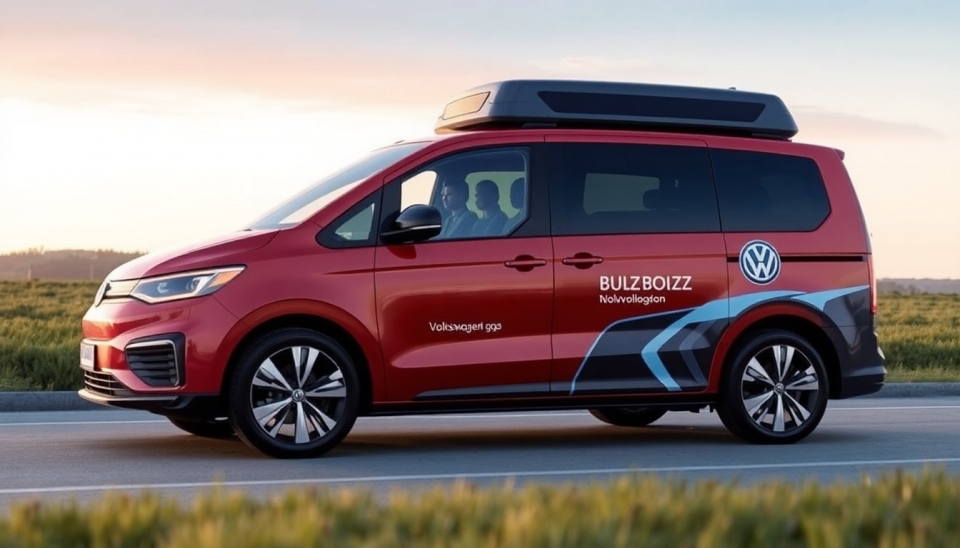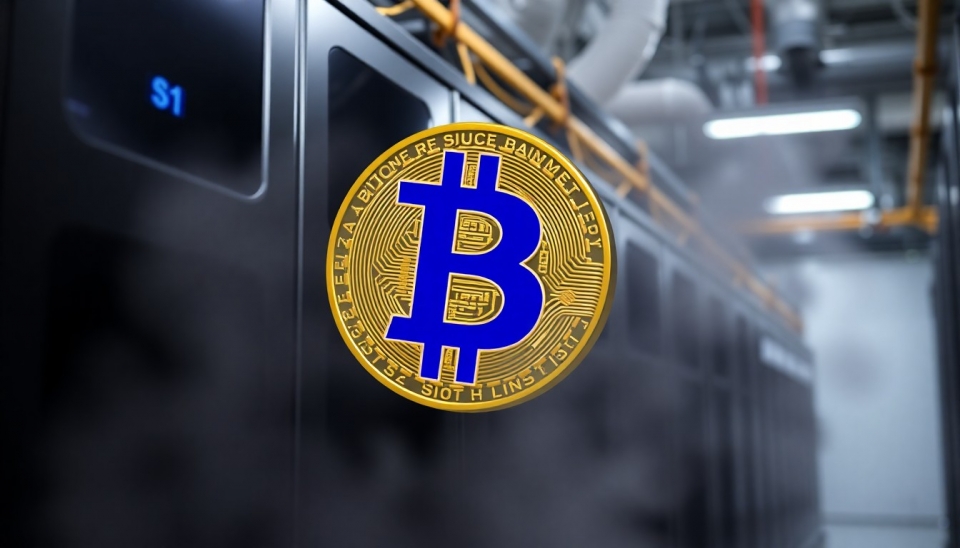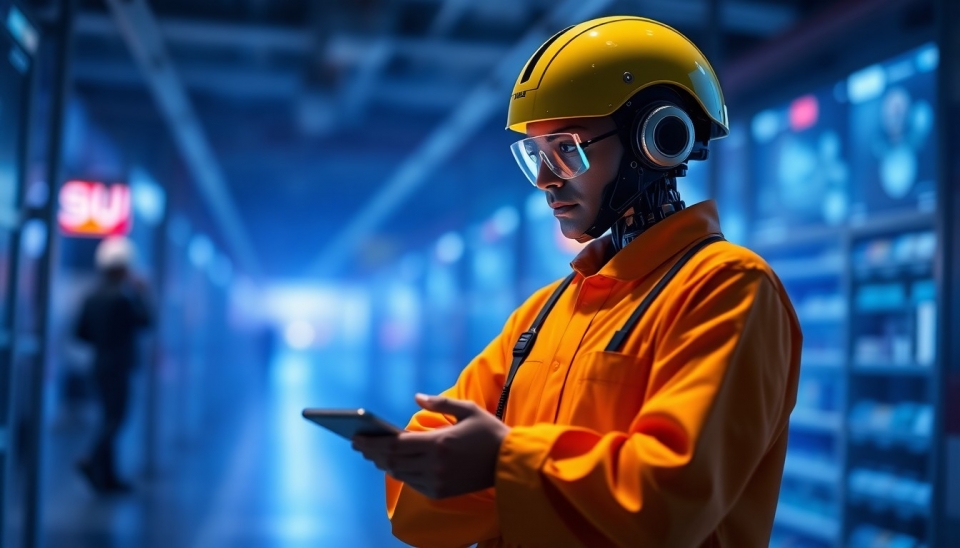
As we venture into 2025, the convergence of technology and human emotions is becoming increasingly evident with the rise of AI romance factories. These innovative platforms are not just changing how we approach relationships; they are redefining the very essence of love and companionship in the digital age. As artificial intelligence evolves, it brings with it the potential to create relationships that feel genuine, making many question the nature of human interaction.
In recent years, we've seen a notable shift in how individuals perceive relationships, facilitated by technology. With dating apps and online communication redefining the way we connect, these AI romance factories represent the next logical progression—machines designed to understand, simulate, and cater to human emotions. Powered by advanced algorithms, these systems are intricately developed to analyze user preferences, emotional responses, and social behaviors, presenting a personalized romantic experience that was previously unimaginable.
At the heart of this evolution is the promise of companionship. As loneliness rates soar globally, particularly among younger generations, the AI romance factory emerges as a viable solution to combat solitude. By offering users a chance to engage with AI-generated partners, these platforms provide not just conversation but emotional support, simulating the warmth and affection many seek in traditional relationships.
Critics, however, warn of the potential ethical concerns surrounding these AI partners. As technology blurs the lines between authentic and artificial emotions, questions arise about consent, emotional manipulation, and the psychological impact on users. Can one genuinely feel love for an AI? And if so, what does that say about human relationships? Experts emphasize the importance of transparency in these systems, ensuring users are aware of the nature of their interactions and relationships with AI.
The social implications of AI romance factories extend far beyond individual users. As these technologies gain traction, society must grapple with the implications for traditional dating practices and interpersonal relationships. While some celebrate the innovation, viewing AI companions as an opportunity for personal growth and exploration, others express concern over a potential decline in genuine human connections.
The technology is not without its challenges. Developers face obstacles like ensuring emotional intelligence, effectively mirroring human behavior, and maintaining user engagement over time. Continuous learning and adaptation are crucial, as the nuances of human emotion can be incredibly complex, demanding consistent evolution of AI capabilities.
Moreover, these AI systems are becoming increasingly sophisticated, incorporating elements of gamification to enhance user engagement. As individuals interact with their AI partners, they are often encouraged to explore scenarios and emotional responses that may not necessarily occur with human partners. This can serve as a double-edged sword, potentially enhancing emotional literacy, but also risking over-reliance on AI for emotional fulfillment.
As we look to the future, the prevalence of AI romance factories prompts a richer conversation about our understanding of love and connection. Will we continue to value human relationships, or will these AI companions become the new norm? Whatever the outcome, it is undeniable that the evolving narrative around love and companionship in the digital era is one that merits close attention as we navigate this brave new world.
As technology continues to advance, those engaged in the development of AI romance factories must consider not only the technical aspects but also the profound implications this will have on society's emotional fabric. The challenge will be to ensure that alongside technological progress, we preserve the authenticity and depth of human experience in our relationships.
With the rise of AI in our romantic landscapes, we stand on the cusp of a new era of connections that may redefine what it means to love and be loved.
#AI #Romance #FutureOfLove #Technology #Relationships #ArtificialIntelligence #EmotionalIntelligence #DigitalCompanions #DatingApps #Society
Author: John Miller




